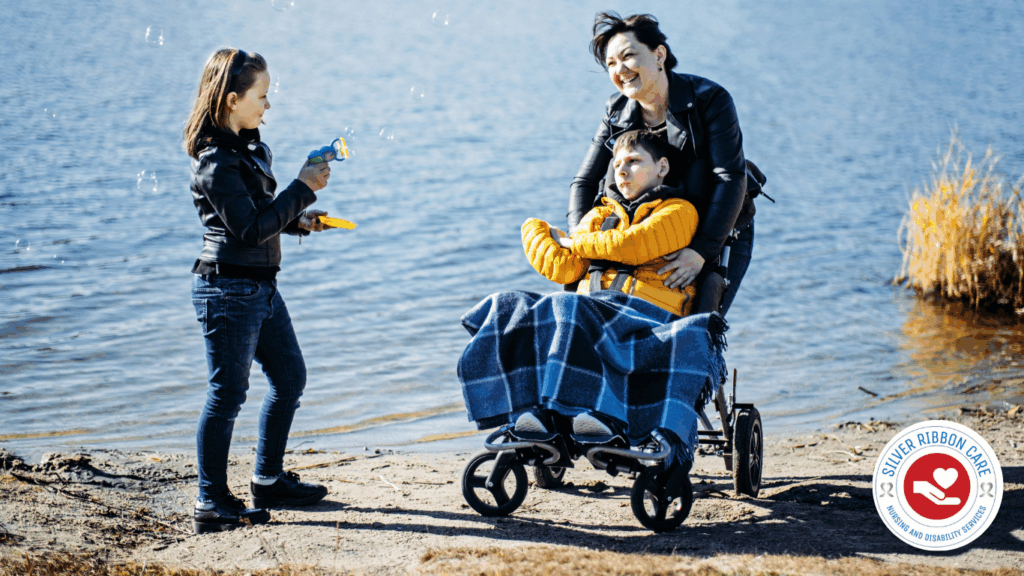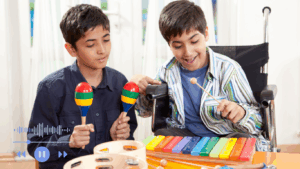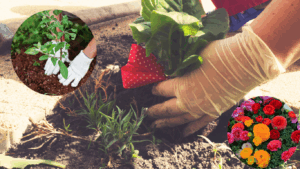Disability day programs serve as transformative spaces where individuals with diverse abilities can flourish, develop essential skills, and build meaningful connections. These carefully structured programs provide a perfect blend of therapeutic support, life skills education, and social engagement opportunities tailored to each participant’s unique needs. In this comprehensive guide, we’ll explore how these programs create life-changing impacts, who benefits from them, and the rich variety of experiences they offer to help individuals reach their full potential.
Understanding Disability Day Programs
Disability day programs represent much more than just daily activities – they’re comprehensive support systems designed to nurture independence and personal growth. These programs skillfully combine therapeutic interventions with practical life skills training and community engagement opportunities, all within a safe, supportive environment. Professional staff work closely with participants to create personalized development plans that address both immediate needs and long-term aspirations, ensuring every individual can progress at their own pace while feeling valued and understood.

What sets exceptional disability day programs apart is their ability to foster:
Personal Growth Through Tailored Skill-Building Activities
Exceptional disability day programs unlock potential by designing activities that meet each participant’s unique abilities and goals. From adaptive cooking classes to communication workshops, every experience is carefully crafted to build confidence and independence. These personalized approaches ensure measurable progress while respecting individual learning styles and paces.
Social Connection in an Inclusive, Judgment-Free Environment
These programs create safe spaces where differences are celebrated, not just accommodated. Through structured group activities and organic interactions, participants form authentic friendships and develop critical social skills. The emphasis on acceptance and understanding helps individuals shed insecurities and embrace their authentic selves.
Emotional Well-Being via Therapeutic Support
Trained specialists incorporate evidence-based therapies to address anxiety, build resilience, and process emotions. Positive reinforcement techniques highlight strengths rather than limitations, fostering self-worth. Participants gain healthy coping mechanisms that extend beyond program hours into daily life.
Community Integration That Breaks Barriers
By organizing inclusive community outings and partnerships with local businesses, these programs challenge societal misconceptions. Participants transition from being “observed” to being active community members – shopping at local markets, volunteering, or attending cultural events as equals.
More Than a Program – A Caring Community
The magic happens when clinical support meets human connection. Staff and peers don’t just note progress – they cheer first words, applaud independent steps, and frame every small victory as life-changing progress. This culture of celebration transforms buildings into second homes where everyone belongs.

Transformative Benefits That Last
Day programs deliver proven, multi‑dimensional gains:
-
Skill Development & Independence: Participants frequently master tasks such as public transport, cooking, budgeting or self-care—with practice real-life transfer rather than just staff-led chore completion
-
Friendship & Belonging: Participants bond through shared interests, conversation, and group outings—sometimes finding lifelong friends with similar experiences
-
Mental & Emotional Well-Being: Regular attendance reduces isolation, improves mood, and nurtures purpose through structured routine, therapeutic activity, and a sense of achievement
-
Physical Health & Wellness: Even light exercise, sensory rooms, and nutrition lessons support motor skills, strength, and mood improvement
-
Respite & Peace of Mind for Caregivers: While participants engage fully during the day, families benefit from structured support time for errands, self-care, or employment—lessening burnout and improving household dynamics






What Happens During a Disability Day Program?
A high-quality day program may offer:
Adaptive Classes
Adaptive classes—whether in art, drama, dance, cycling, bowling, or yoga—are carefully tailored to meet the diverse physical, sensory, and cognitive needs of participants. Instructors use modified techniques, flexible formats, and assistive equipment (e.g., simplified choreography, sensory props, adaptive bikes) to explore creative expression, movement, and social connection in a safe, supportive environment. Studies show adaptive dance classes help improve confidence, coordination, communication, and interpersonal skills while reducing barriers to participation Local programs often blend occupational‑therapy‑informed guidance with accessible art or drama formats, nurturing both skill-building and joyful exploration
Life Skills Workshops
Workshops in cooking, budgeting, transport training, hygiene instruction, and digital literacy empower participants to gain daily independence and self‑reliance. Whether learning to prepare simple meals, map a public route, set a budget for local shopping, maintain personal care, or use email or smartphones, these structured sessions build practical confidence in real-world tasks. NDIS‑aligned life‑skills programs deliver modular, accessible learning environments that help people develop competencies — like money management, hygiene routines, and transportation independence — all in a therapeutic, peer‑supported setting This results in greater autonomy, positive self-esteem, and improved participation across community life
Community Outings
Community outings—such as picnics, cultural trips, café visits, museum tours, volunteering, or beach days—offer vital real-life experiences that broaden horizons and reduce isolation. These outings reinforce skills in a natural context: navigating public transport, handling money, reading local menus, or interacting socially in cafés and parks. Research shows frequent community participation improves emotional health, enhances belonging, and strengthens the ability to make independent decisions in public settings Activities like volunteering or attending festivals also foster purpose and mutuality; people with disability often report increased confidence and meaningful connection through giving back or joining group events
Therapy & Sensory Rooms
Occupational therapy, music therapy, animal‑assisted therapy, and dedicated sensory‑regulation sessions are often delivered in specially equipped sensory rooms. These rooms feature tools such as swings, bubble‑tubes, weighted blankets, sound systems, and soft lighting to help participants manage sensory sensitivities and emotional dysregulation. Occupational therapists use sensory integration methods to support improved focus, reduced anxiety, and greater engagement in day‑to‑day routines Music sheets tailored to sensory needs can calm or energize, while trained therapy animals support emotional regulation, grounding, and trust in a safe environment — contributing measurable improvements in mood and responsiveness
Vocational Readiness
Programs in job‑readiness training, supported employment, and interview coaching help participants transition into meaningful pathways toward paid work. This includes hands-on preparation in workplace routines, résumé writing, mock interviews, using assistive tech, building communication stamina, and negotiating accessible roles. The NDIS funds supports across these areas to help individuals gain, sustain, and grow in employment aligned with their strengths and goals Models like Jigsaw’s holistic employment pathway and tailored one‑on‑one interview coaching are widely recognised for achieving high rates of job placement and long‑term retention With regular check‑ins, skill review, and employer liaison, these programs foster both readiness and resilience in open employment settings
Navigating NDIS to Access the Right Program
For NDIS participants and their carers, understanding how to access suitable disability day programs begins with careful planning and research. The process requires reviewing your specific NDIS plan details while identifying providers that align with individual needs and aspirations. By taking methodical steps, you can secure appropriate funding and find a program that offers meaningful support and growth opportunities.
Check Your Plan for Relevant Funding Categories
Start by reviewing your NDIS plan to confirm available funding under core support categories like “Assistance with Daily Living Skills” or “Community and Social Participation.” These budgets typically cover structured day programs that enhance independence, social engagement, and skill development. If your plan lacks sufficient funding, consider requesting a review with your NDIS planner or support coordinator, providing evidence of how a day program aligns with your goals.
How Silver Ribbon Care Supports You at Disability Day Programs
At Silver Ribbon Care, we offer personalized support in disability day programs to help individuals thrive. Our services include therapeutic activities, life skills training, social engagement, and vocational support. With a caring team, we promote independence, confidence, and community connections. We assist with daily routines, skill-building, and fun outings while ensuring dignity and respect. We also work closely with families for smooth communication and care. Our goal is to empower individuals with disabilities to live fulfilling lives while giving families peace of mind. OUR DISABILITY PROGRAM
At Silver Ribbon Care, we provide disability day program services in the NEW SOUTH WALE. Our team is dedicated to supporting individuals with personalized care, helping them build skills, stay active, and connect with their community.
If you have any questions or need assistance, feel free to contact us—we’re here to help!
we provide services :-
Disability day program in Windsor.
